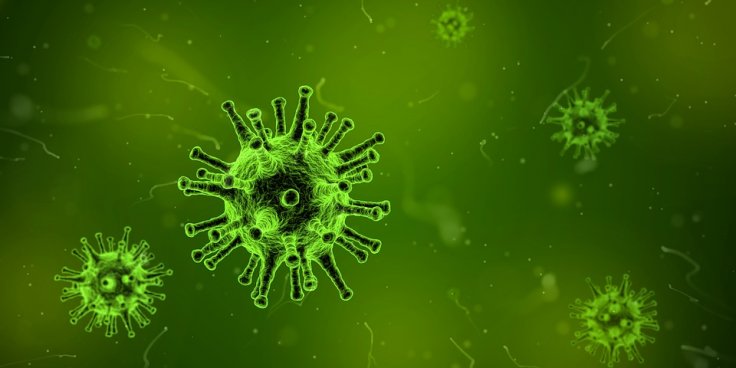
A new study report published in the journal Antimicrobial Agents & Chemotherapy has revealed that a chemical that is being widely used in toothpaste and mouthwash to kill bacteria is actually making these microbes stronger and in the course of time, they will become capable of surviving antibiotic medicines.
The study conducted by researchers at the Washington University in St. Louis found that triclosan exposure makes the bacteria stronger, and they will become powerful enough to tolerate even lethal concentrations of antibiotics, including the medicines doctors usually prescribe for urinary tract infections.
It should be noted that triclosan is widely used in oral hygiene products like toothpaste and mouthwashes. The same chemical is used in various cosmetics, and even on baby toys and credit cards in order to prevent bacterial growth.
"Triclosan increased the number of surviving bacterial cells substantially. Normally, one in a million cells survive antibiotics, and a functioning immune system can control them. But triclosan was shifting the number of cells. Instead of only one in a million bacteria surviving, one in 10 organisms survived after 20 hours. Now, the immune system is overwhelmed," said Petra Levin, professor of biology in Arts & Sciences, in a recent statement, Science Daily reports.
The research report also added that triclosan exposure helped bacteria to escape easily from antibiotic attack. It should be also noted that the protective property was not limited to any single family of antibiotics.
The initial study conducted on mice revealed that antibiotics may not work properly if triclosan is in the body. The research report added that more studies should be carried out on humans to determine the effects of triclosan on antibiotic resistance on the human body.
"This result meant we could actually test the impact that human urine levels of triclosan have during antibiotic treatment of UTIs in mice," added Levin.









